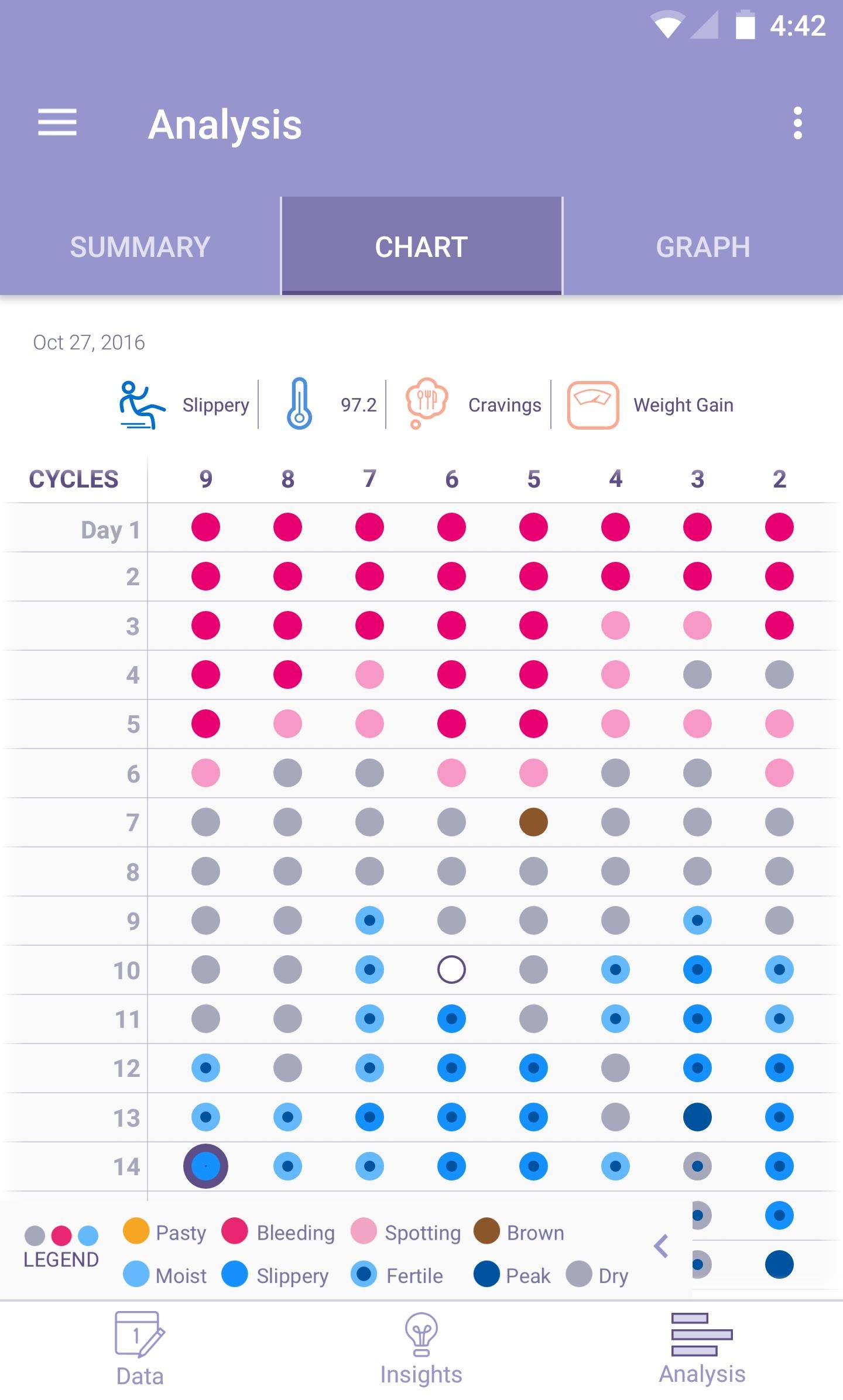Master your fertility and health with the
FEMM fertility awareness method
Learning to chart with FEMM
Are You Struggling to Understand Your Fertility?
Do you want clarity over your reproductive health, but hormonal changes feel confusing? It’s frustrating not knowing what your body is telling you.
With FEMM, you can learn to interpret your body’s messages and take control of your reproductive health through natural cycle charting. With the FEMM Fertility Awareness Method, you'll learn to understand your body’s signals, track your fertility, and make informed decisions about your health and family planning.
What You’ll Gain:
Clarity & Confidence: Decode your body’s unique hormonal patterns.
Freedom: Take charge of your fertility naturally, without synthetic hormones.
Personalized Support: Work one-on-one with a certified fertility educator.
What is FEMM?
FEMM (Fertility Education + Medical Management) is a knowledge- and science-based reproductive health program for women, which teaches them to identify, track, and comprehend changes in their bodies that are relevant to their health and fertility. Women are guided to notice important, specific biological signs—i.e., menstruation and ovulation—and understand both why these signs occur and what they mean for their general and sexual health.
Why is charting your cycle important?
Your fertility cycle is a vital sign of health! Understanding your unique cycle and patterns will help you understand your body and identify if there are areas of concern to bring up with your doctor for additional support. Body literacy is important to understanding yourself and is a great metric for your overall health!
What does it take to learn FEMM?
After the initial Introductory Session, clients will participate in 3 educational sessions where they will learn how to chart their cycle via paper charting or the FEMM app and review their own charts with me. See below for a brief description of each of the sessions.
FEMM Education Sessions
-
(30 min.) Get introduced to FEMM (Fertility Education and Medical Management) as a model for women’s reproductive health. We’ll cover how FEMM can help you achieve your health and fertility goals.
-
(1 hr) Learn how hormones influence your health and how to chart your hormonal activity. Learn the parts and function of reproductive anatomy, nd the physiology of ovulation - understanding the critical role of hormones.
-
(1 hr.) Learn to identify healthy patterns or health concerns. You’ll learn to understand the cycle - both its biomarkers and the underlying hormonal activity - as an indicator of overall health. Exercises, Q&A, and case studies accompany this session.
-
(1 hr.) Learn to manage your fertility. We’ll review male and female reproductive physiology, the dominant reproductive hormones, and key stages in fertility in both the male and female’s reproductive life. With regard to family planning, you’ll learn how to relate the key event in a woman’s cycle, ovulation, to managing fertility according to your unique patterns. Exercises, Q&A, and case studies accompany this session.

